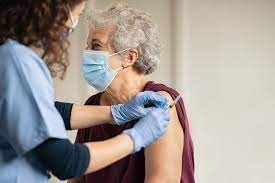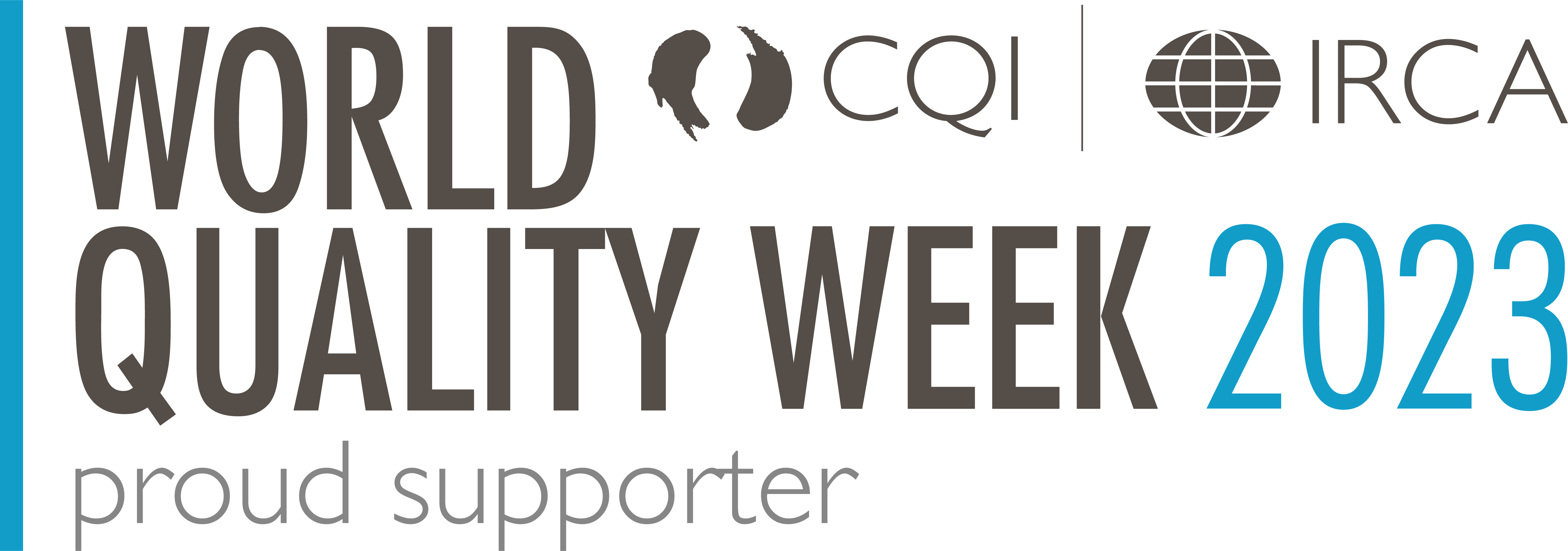Please read this is if you operate in health and the wider social care sector (for example but not limited to hospitals, domiciliary care, doctors, dentists etc.) as you may be impacted by the new regulations requiring vaccination and that are due to come into force on 1 April 2022 (subject to parliamentary approval).
On 9 November 2021, the government released its response to “Making vaccination a condition of deployment in health and wider social care sector”. View the full response. We would advise you to read this if applicable to you or your business.
The government’s response is that it will be introducing regulations to only allow providers of CQC-regulated activities to deploy individuals who have been vaccinated against COVID-19 to roles where they interact with patients and service users. Although most of the press has focused on the regulations (which are subject to parliamentary approval) and their impact on the NHS, you will see there are wider implications.
- The regulations will require workers who have direct, face to face contact with service users to provide evidence that they have been vaccinated, subject to limited exceptions. This will include front-line workers, as well as non-clinical workers not directly involved in patient care but who nevertheless may have direct, face to-face contact with patients, such as receptionists, ward clerks, porters and cleaners.
- The regulations will protect vulnerable people and individual workers in health and social care settings, including hospitals, GP practices, and where care is delivered in a person’s home. The requirements will apply to CQC-regulated activities whether they are publicly or privately funded. They will also apply where a regulated activity is delivered through agency workers, volunteers or trainees, or contracted to another provider.
- This means health and care workers will need to have received a full course of COVID-19 vaccination in line with the UK Health Security Agency (UKHSA) guidance in order to continue to be deployed. Some individuals will be exempt from the regulations:
- those under the age of 18
- those who are clinically exempt from COVID-19 vaccination
- those who have taken part or are currently taking part in a clinical trial for a COVID-19 vaccine
- those who do not have direct, face to face contact with a service user, for example, those providing care remotely, such as through triage or telephone consultations or managerial staff working in sites apart from patient areas
- those providing care as part of a shared lives agreement.
Shared Lives caring arrangements are excluded from the requirements because the Shared Lives caring model is different from other forms of care as it involves the care recipient living in the home of the carer. In many cases, care recipients have lived in their homes for decades with people they view as their extended families. The government nevertheless urges all Shared Lives carers to take up the offer of vaccination.
- Those newly joining the workforce will also need to be vaccinated in order to be deployed by a CQC registered person. The registered person must only deploy those who have had their first dose of vaccination, with a second dose within 10 weeks. This approach is intended to help balance the requirements of the policy with workforce pressures in health and care services.
- It will be the responsibility of the CQC-registered person, either the service provider or registered manager, to ensure that they only deploy those who have provided evidence that they have been vaccinated against COVID-19. For health and care workers who may be exempt, the CQC-registered person must have seen evidence of their medical exemption before they can deliver care.
- It is important to balance the risk of COVID-19 this winter with the need for time for employers to put in place processes and communications with workers, as well as provide sufficient time for workers to get COVID-19 vaccinations. The government’s approach, therefore, is to provide a twelve-week grace period to allow time for providers to engage with workers, while still moving quickly enough to protect patients and service users as soon as possible.
- The government states it fully recognises there are concerns about the impact of implementing vaccination requirements at a time of significant pressure on services this winter. Therefore, subject to parliamentary passage, the regulations will not come into force until 1st April 2022 in order to provide the health and care sector with enough time to implement the requirement and help minimise risks to workforce capacity over the winter period.
- The government has stressed COVID-19 continues to be a reality across the country. Now we have effective COVID-19 vaccination, we have a duty to ensure it is taken up to protect all patients and service users.
The government has also considered the concerns raised in relation to introducing flu vaccination requirements. The flu programme runs between October and March with most flu vaccinations happening October and January. Due to the need to balance this with the time necessary for health and social care to implement the regulations, the government has decided not to introduce vaccination requirements for flu at this time. The government will keep this under review following this winter and ahead of winter 2022/23.
Take a look at how our fantastic HR consultants can help you.
Do you need more advice on how you can support your business and employees? Our expert HR & Health and Safety consultants are here to help you.






